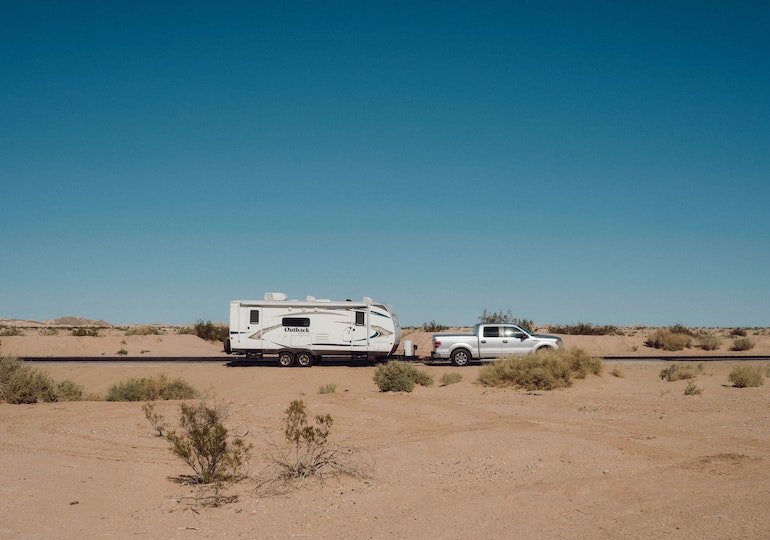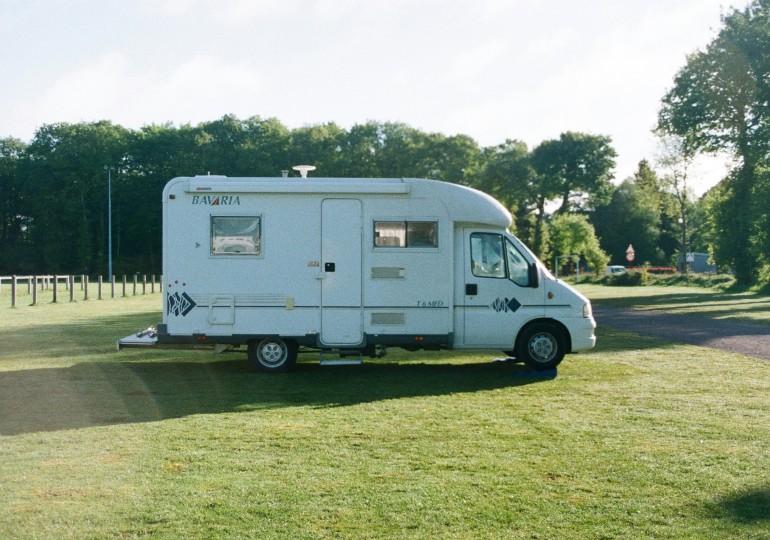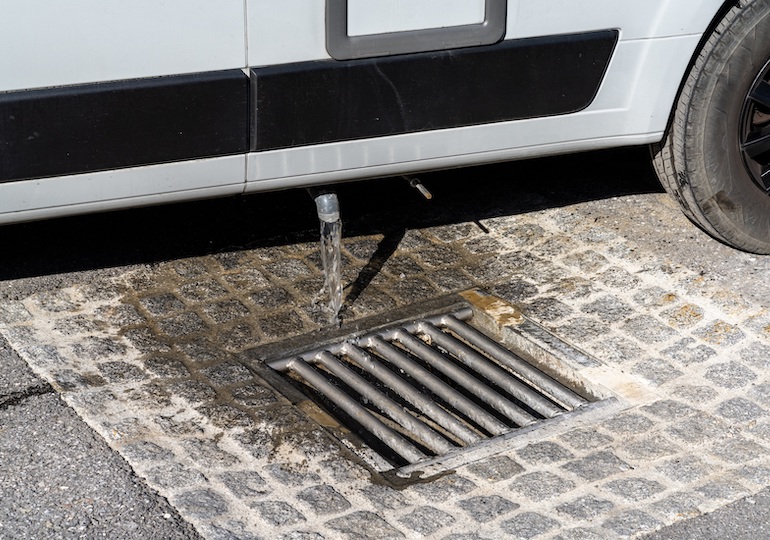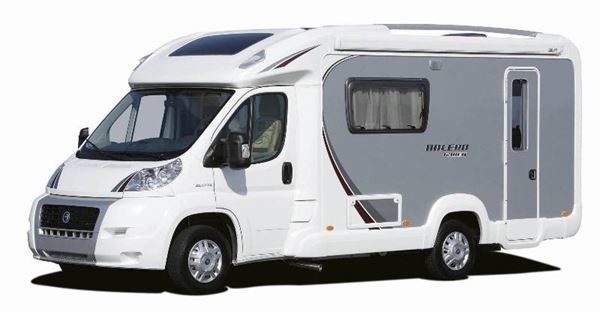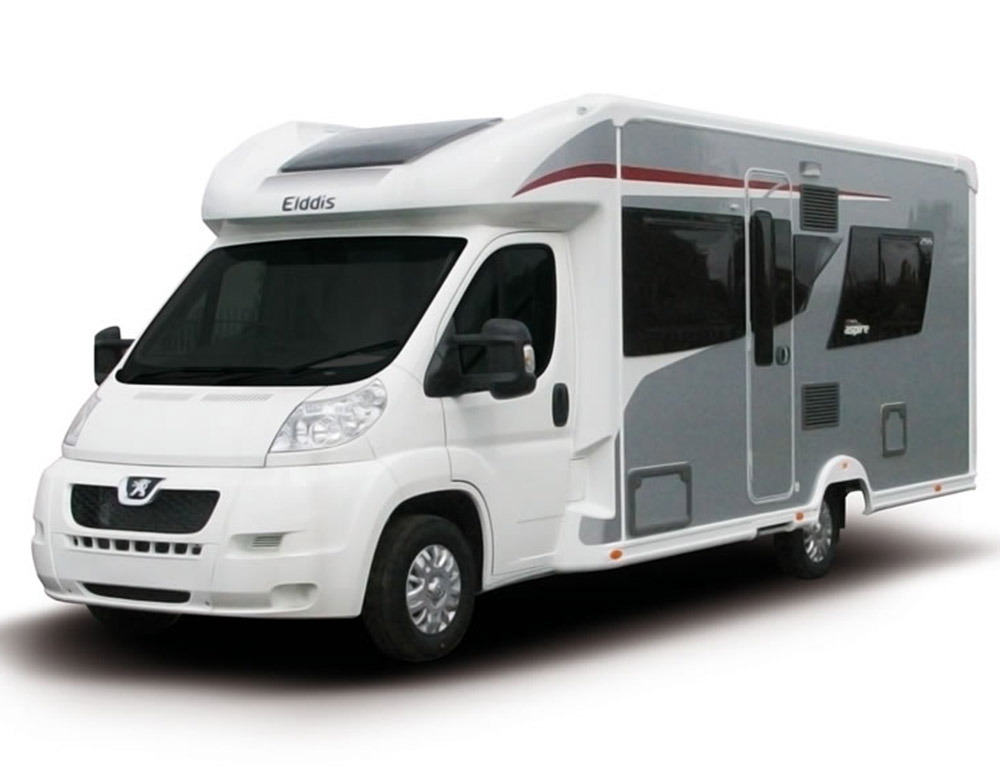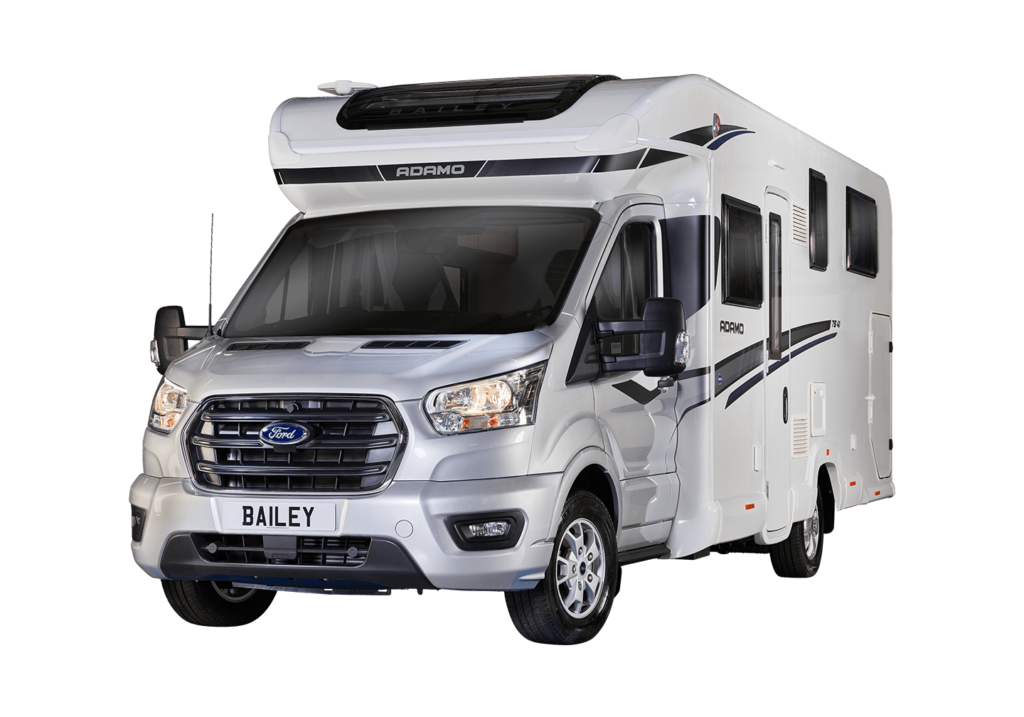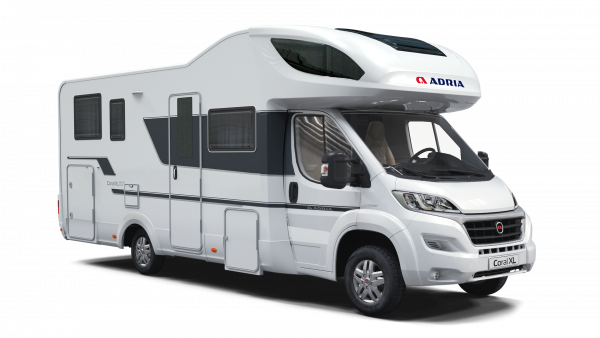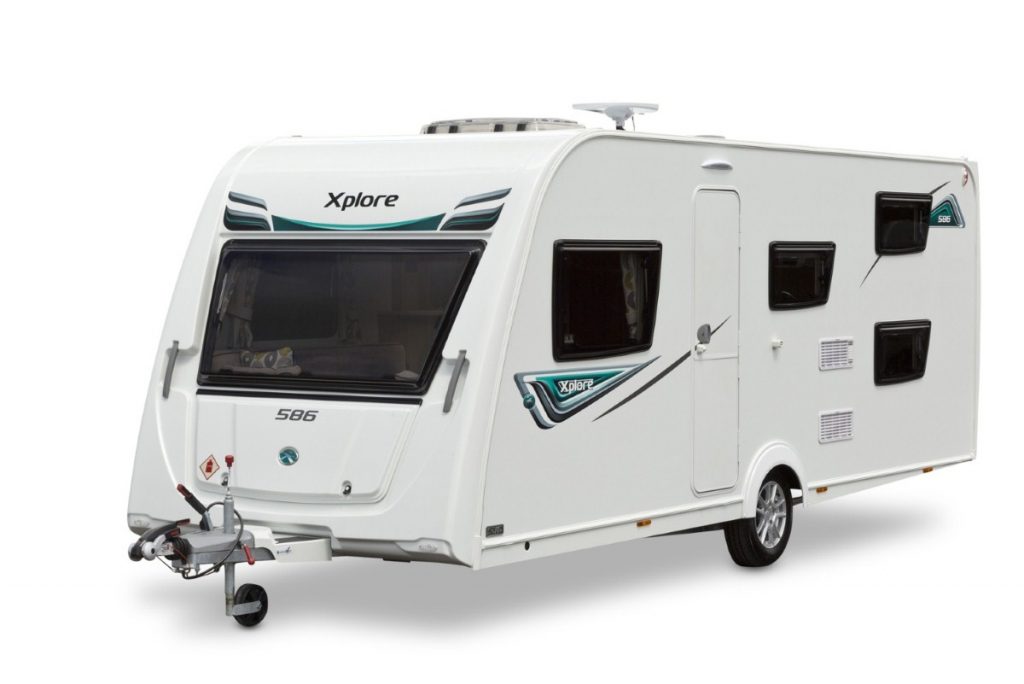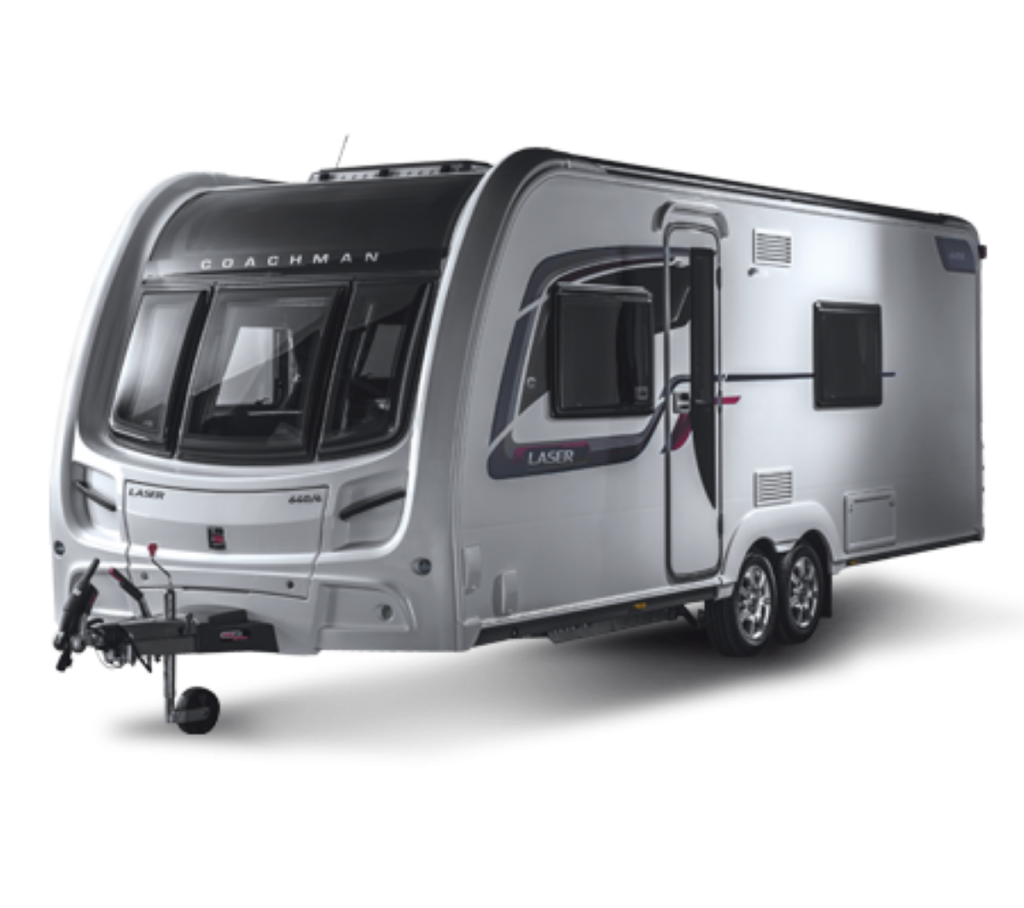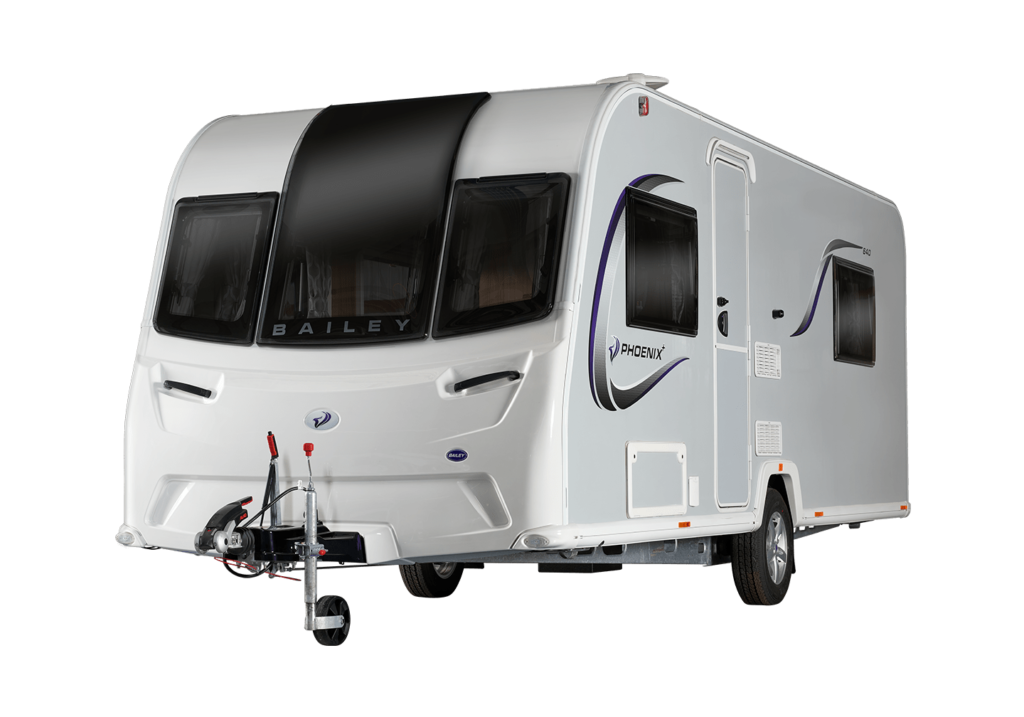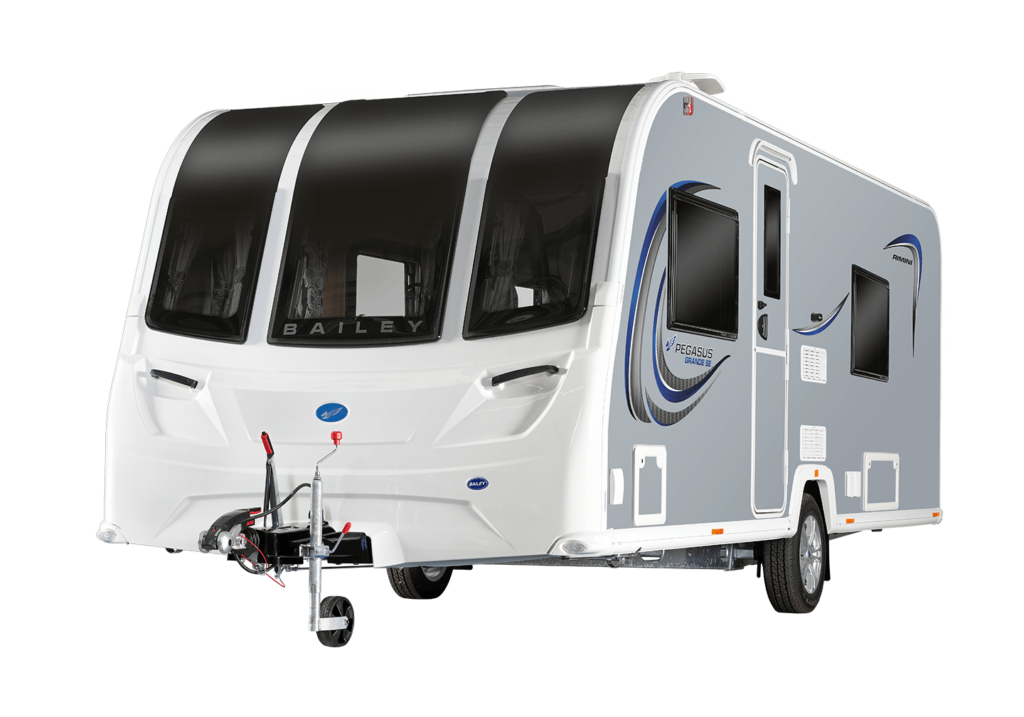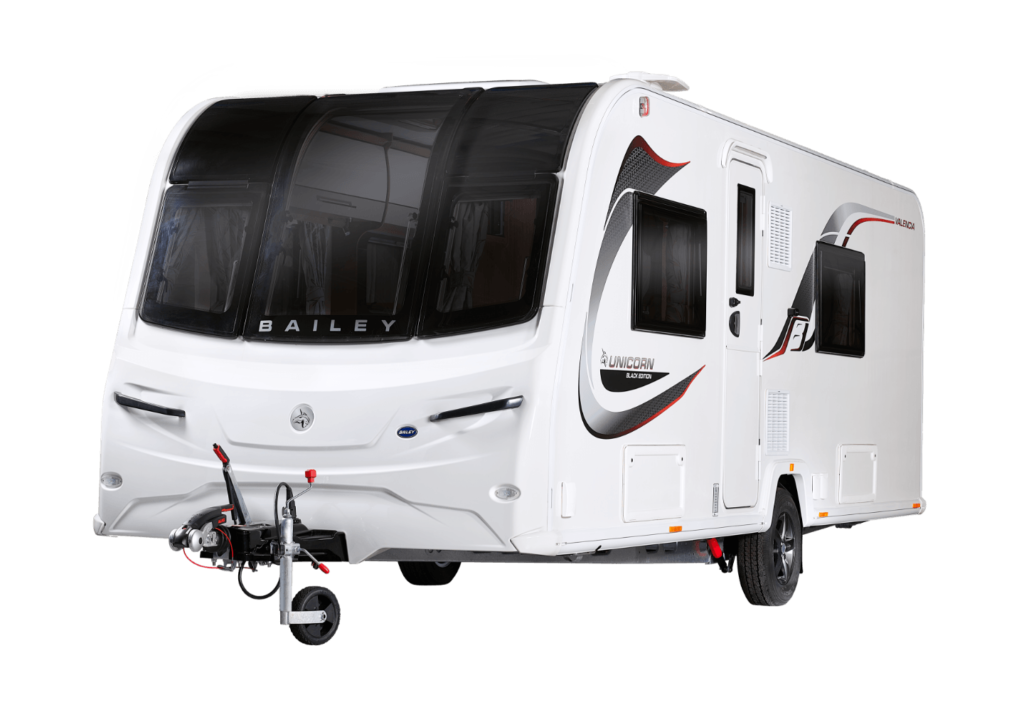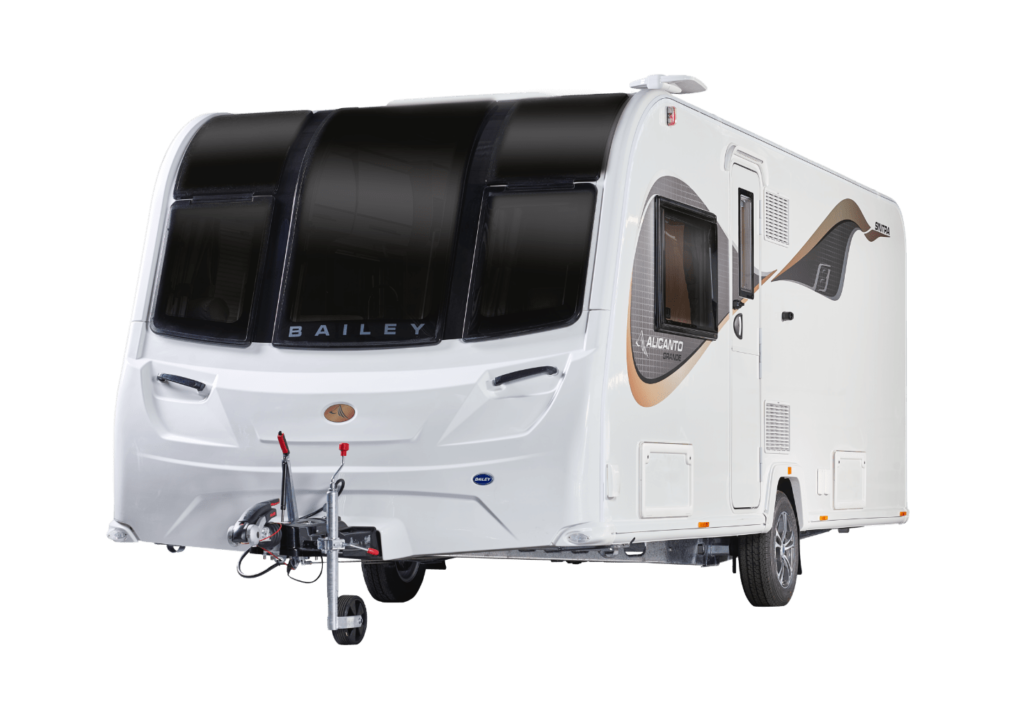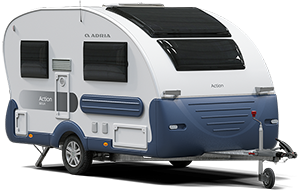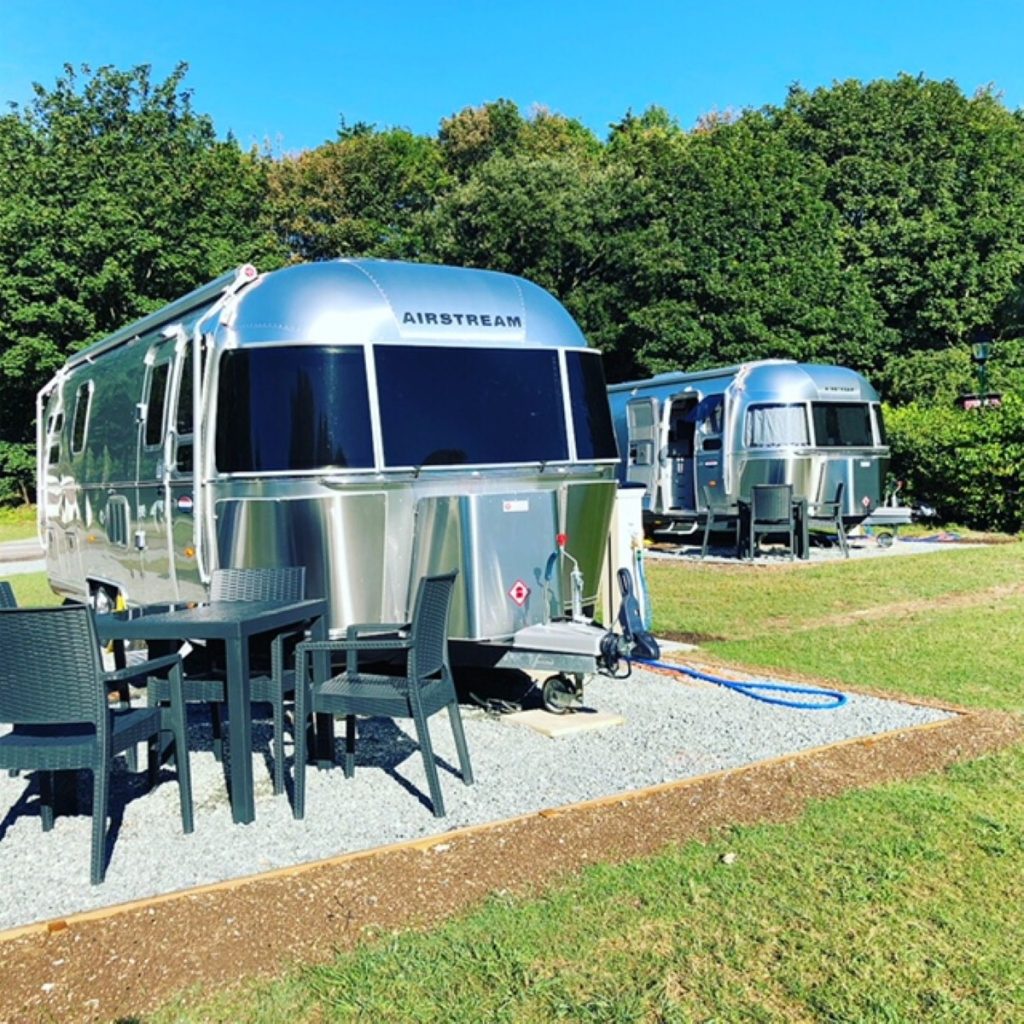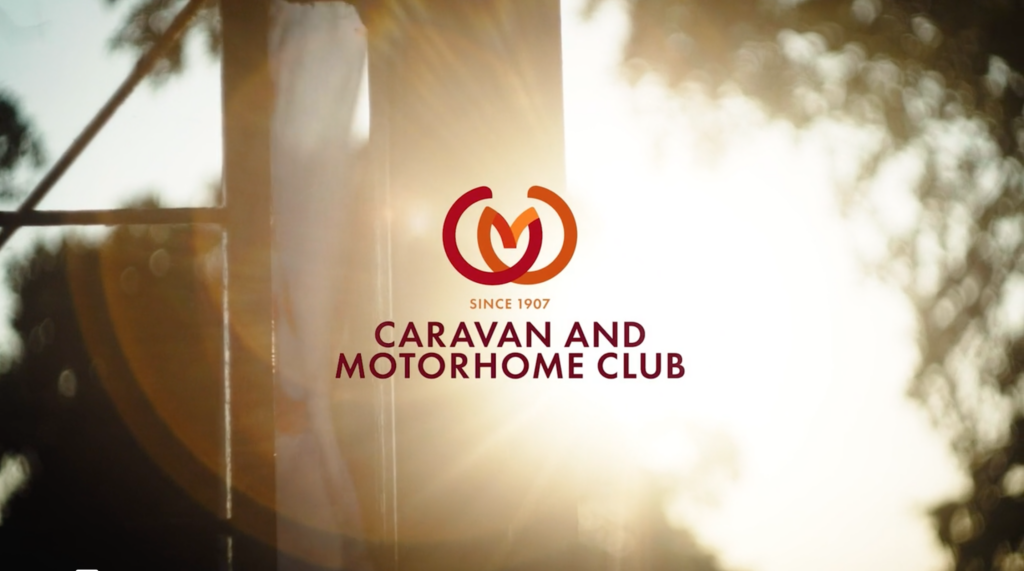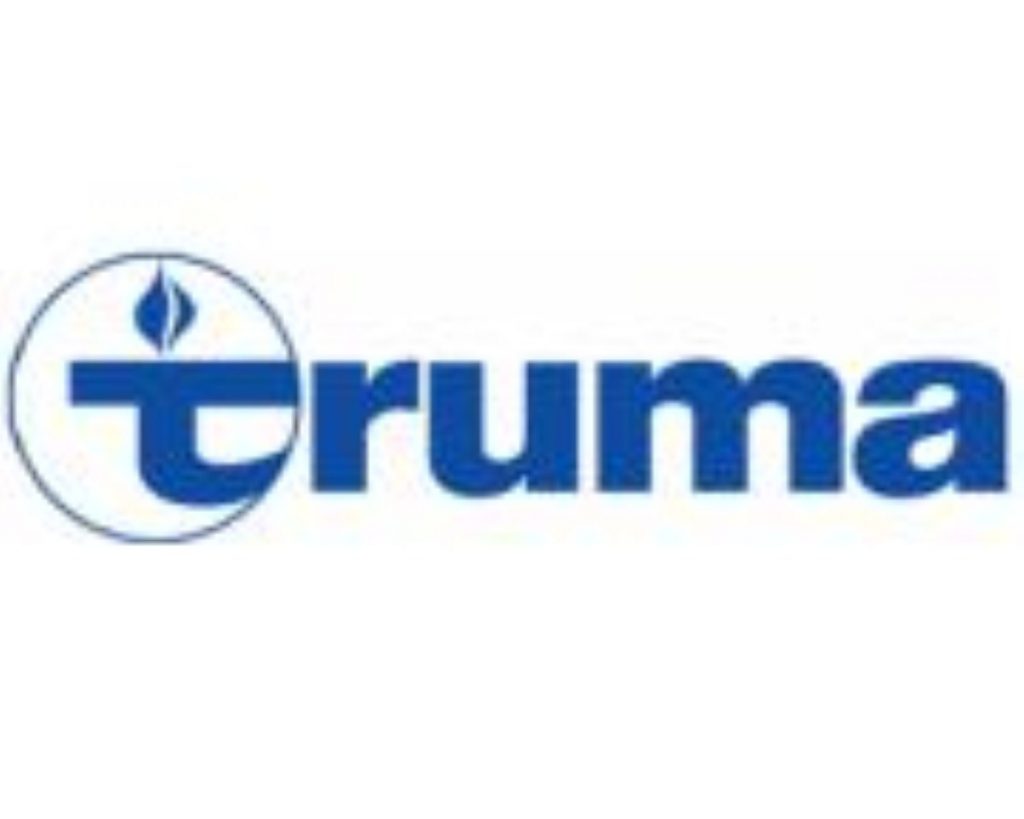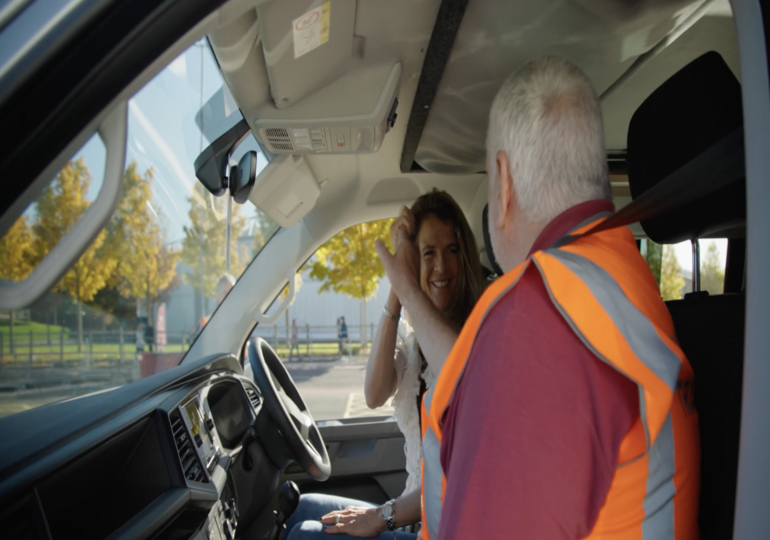Dan Cartwright has over 12 years of experience in the caravan and motorhome industry. He is a judge for a number of prestigious leisure vehicle awards and regularly heads off in his motorhome with his family. Every week, Dan shares his insights with the community. Here’s what he has to say this week.
Last week, I asked the community for the biggest, baddest campsite water parks across Europe. So far, the responses have thrown up some amazing destinations. As such, I’m extending the deadline for another week. Let us know your recommendations by emailing or reach out to @CaravanTimes on Twitter.
Now, let’s talk caravan syndicates.
There must be a huge number of people that want to try caravanning. It could be previous leisure vehicle owners who want to get back into it, first-time holidaymakers who fancy heading off with their families or even retirees looking for a great way to spend their time.
One thing that is certain, though, is that caravanning comes with a cost barrier. Realistically, including the price of a third-hand caravan in useable condition and a towcar, like an older Porsche Cayenne, there’s almost £10,000 worth of up front costs. Then, you’ve got things like insurance, storage and maintenance, all of which create an entry barrier.
How to start caravanning for a fraction of the price
Bear in mind that the average caravan is used somewhere between five to eight weeks each year. Usually, this is made up of a combination of weekends, short trips and long holidays. Most of our readers will surely agree that’s a lot of downtime for the leisure vehicle.
This is what sparked my idea. For a second, let’s think about boats. They’re expensive to purchase and require pricey maintenance, but people love them. Like caravans, they have storage, can be lived in and they have to be moored, all of which present a cost barrier.
Something you might not have known is that plenty of people are involved in boat syndicates. These are made up of individuals who want to indulge their passion, or give it a go for the first time, but don’t want to commit entirely to the price of boat ownership.
Maybe they want the community element of owning with a group of like-minded people, but actually many of the small boats out on the sea belong to syndicates. This significantly reduces the cost each person has to cover and also how much any single individual needs to do in terms of maintenance.
So, could we take this model and apply it to caravanning? I don’t see why not. Let’s look at some of the key considerations when it comes to syndicates.
How many people are in the syndicate?
Really, this comes down to how many people are interested and how often you’ll each want to use the leisure vehicle. Of course, there are 52 weeks in the year and if you divide that by the average caravan usage of five weeks, you could potentially have 11 separate owners.
Practically, there will be peak times when it’s much more desired, such as the spring and summer months, and especially the school holidays. There are roughly 20 weeks of school holidays which you’ll need to consider if families are involved in the syndicate.
The more people you have, the less each of you will have to pay. But this comes with less freedom and availability. For me, the perfect number would be five or six.
What leisure vehicle should you choose?
It depends largely on the syndicate purchase budget. The proliferation of sites like Facebook and WhatsApp means that everyone can easily throw in their suggestions. But what should be clear before you start is an agreed budget and the group’s needs.
For me, a double lounge layout would be optimal for multi-occupancy use. This allows couples to convert the rear lounge into a bed and leave it up permanently whilst still having a nice living area. For families, the multiple sleeping options will offer lots of choice with different sleeping areas.
Which towcar should you purchase?
As a Caravan and Motorhome Club Towcar of the Year (TCOY) judge, I’m always shocked by how well some of the vehicles perform. One of the best we’ve tested is a Cayenne across multiple years. Once they reach eight to ten years old, the price of these towcars plummets and you gan get one for incredible value at around £3,500.
Let’s say your syndicate sets aside £5,000 for a caravan, £3,500 for a towcar, £500 on an initial service (always do this on older vehicles!) and £1,000 for anything else that needs to be fixed, or accessories the group agrees upon.
That works out as an initial investment of roughly £2,000 each. Whilst they are of course depreciating assets, they hold their value if maintained. Compared to new caravans, the difference is much lower too. So, if you decide to leave the syndicate, your share can be sold and some of your £2,000 redeemed. Even if kept in reasonable condition for four years, you’d likely still get £1,000 back.
Set some ground rules
I’ve researched some syndicates in the boat community. They don’t need to go through a solicitor and simple Google documentation can be used as a booking system.
It’s essential that your group get together (maybe over a glass of wine) or at least communicate what is expected upon pickup and return of the caravan. Some syndicates use a weighted booking system, meaning that you can book for longer periods in the off-peak season.
It doesn’t need to be rigid, but it can be to eliminate ambiguity. Also, agree on a buy-in and buy-out price. In my example, it might be £1,000 to sell your initial stake. This can be offered to the group, or an individual within it, before a new person gets the chance to join.
Practicalities and ongoing costs
Depending on how close you are geographically to other members of your syndicate, and given the costs of maintenance are split equally between all participants, I’d suggest that you leave the towcar and caravan at a CaSSOA storage facility.
These are accredited and you can book two spaces. They offer key drop and collection services, or you could have a key box installed. Many also provide on-site cleaning facilities and some even offer caravan maintenance, which you could book when out of use. They’ll take, service and return it.
Storage ranges from £20 to £40 and you may need to pay twice to include the towcar, meaning an ongoing cost of between £5 to £10 a month in a syndicate of five, or much less in a group of 11.
Insurance is another important consideration. You can take out a specialist policy, or just a temporary one for when you want to use the caravan. Typically, the latter cost between £30 to £50 for a one or two-week holiday. A group policy, however, will be priced from £700 to £1,000 per year, depending on the ages and circumstances of group members.
You’ll also need breakdown cover. If you own a car, you’re probably already covered. Remember though, most work by recovering the person, not the vehicle. Double-check that your policy also includes towing a caravan and take a look at the Caravan and Motorhome Club’s Red Pennant for continuation insurance.
Are caravan syndicates a good idea?
All in all, with the price of storage, maintenance and a service each year, members of a five-person syndicate will need to pay roughly £2,000. This is the pessimistic number and still yields an ongoing cost of just £400 per member, per year.
This means that for less than the price of a one-week school holiday trip to Centerparcs, you can have up to ten weeks each year in a caravan, with a towcar, and the freedom to go anywhere.
What a fantastic way to do it! This also allows you to sample the caravan lifestyle with far less cost and hassle. You’ll have the opportunity to learn from your fellow group members, share ideas and discuss places you’ve visited. I think it’s an excellent way of getting into our beautiful world of caravanning.
Photo credit: Alfo Medeiros / Pexels

